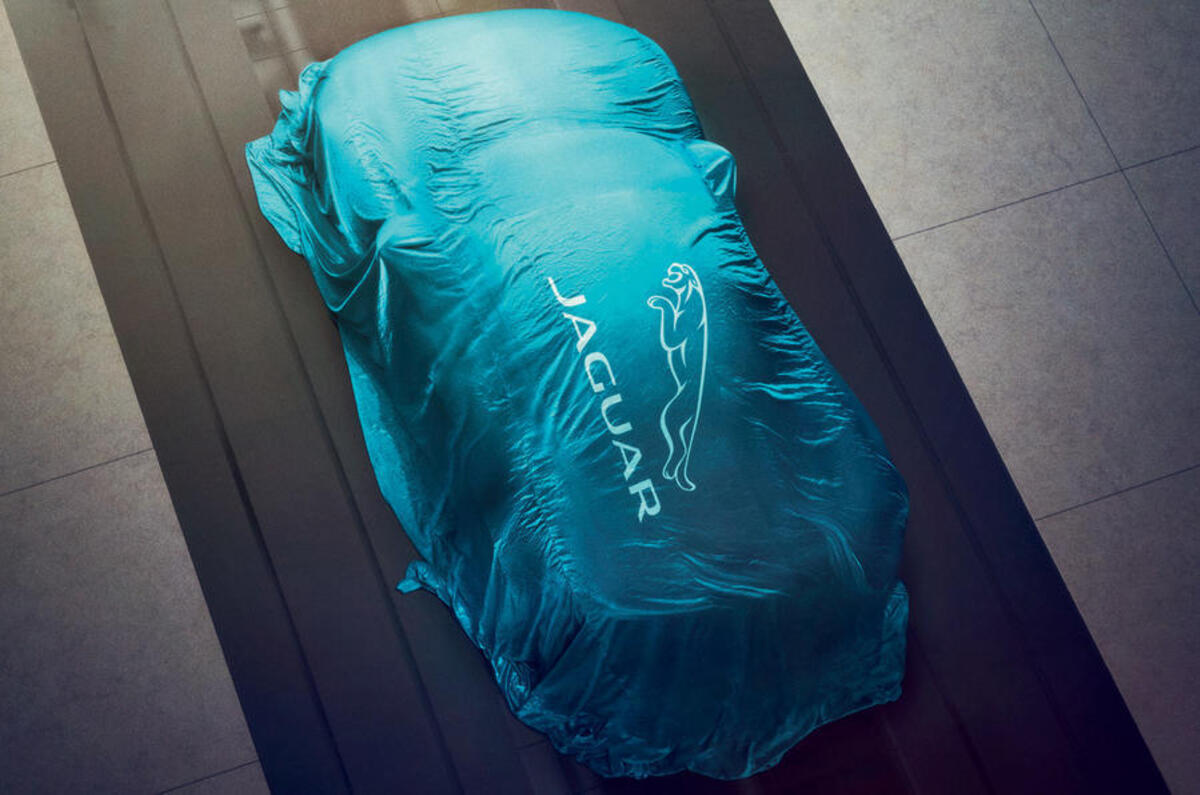The UK’s vehicle battery strategy could be in peril if Jaguar Land Rover does as has been reported and sources batteries from continental Europe instead of the UK.
JLR is in talks with Swedish cell maker Northvolt and the Germany-based unit of China’s Svolt to supply batteries for a range of electric vehicles to be built in its Nitra, Slovakia, plant, Bloomberg reported this week.




Join the debate
Add your comment
That is ok for Slovakia but for the Uk they will need to use british batteries to comply with Eu requirements to achieve the correct uk built content in m.h.o.